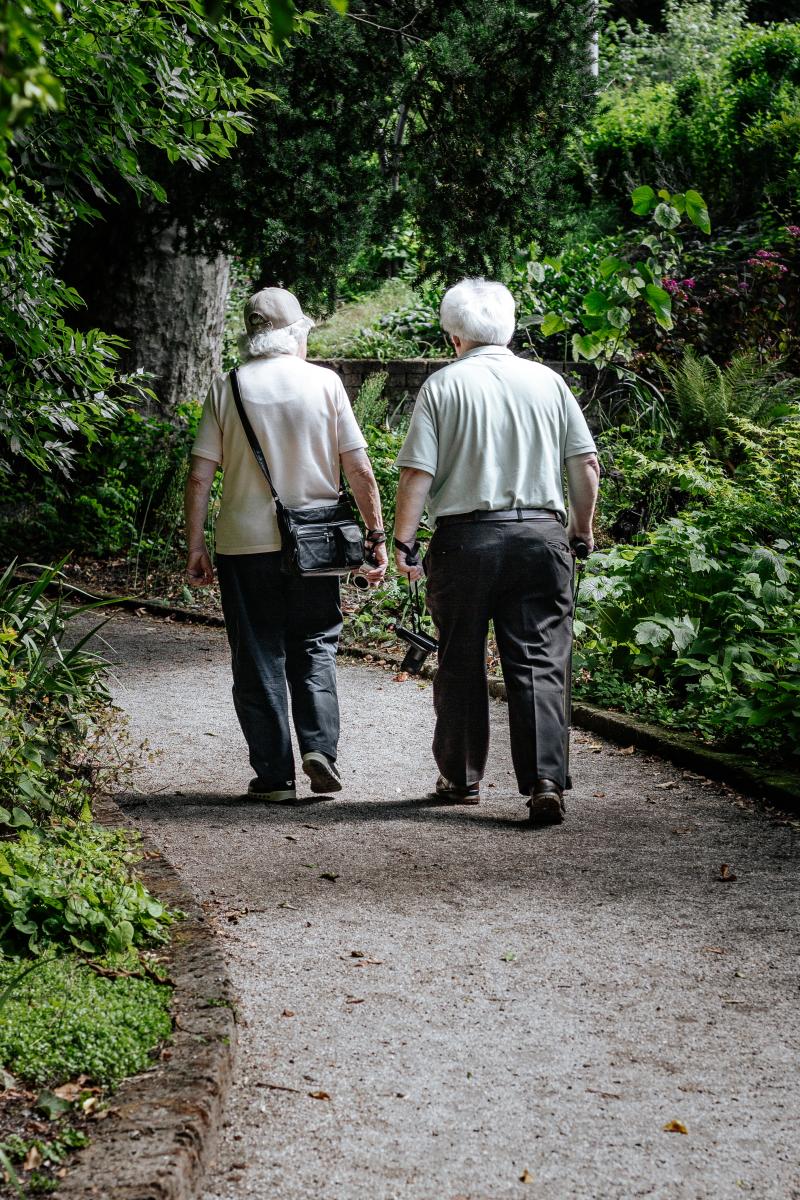Love, sex, and communication: Learning to talk about sex with our clients.

A 2-day workshop to build a foundation of literacy in sexual communication and confidence to discuss sex in an easy, non-defensive manner.
Being run on Saturday 4th and Sunday 5th December at 45 Clarence St, Coorparoo, 10 am - 5 pm both days, $250 per person (Discounts available)
This workshop will give participants a foundation to build confidence in allowing clients to raise and to explore issues around sex. Practitioner participants will become more literate in sexual communication and develop more confidence to discuss this area in an easy, non-defensive manner. Practitioners do not need to know everything about sex to be useful in this area of sex or sexual issues. They do, however, need to learn real ways to raise important sexual issues and to discover and eliminate barriers that they may be bringing into their own professional setting.
Reliable research shows that sexual communication is important in relationships yet therapists rarely focus on it as an area of concern even though sex and sexual issues are one of the main reasons people seek counselling in the first place. Research also suggests that when therapists do not raise sex as an issue, due to discomfort or unwillingness, that this may worsen client’s relationship with their own sexual issues and create significant barriers to raising any discussion of such issues in a professional setting. Studies show that 1 in 5 married couples and 3 in 10 non-married couples have a categorically “non-sexual” relationship. This lack of adequate and easy discussion of the area of sex has been termed “the conspiracy of silence”.

Professionals, such as therapists and other medical practitioners often find themselves caught: if a client raises the topic of sex, the therapist often notices their own lack of training or experience, they may realise their own personal discomfort, and even become frighteningly aware of their own issues around sex and sexuality. This is not a good look for a counsellor, psychologist, or anyone in a professional setting: the professional may avoid the subject, or worse still, the client may not raise this vitally important area in order to keep their therapist at ease. As a result, the therapeutic alliance may be ruptured or function at a less than optimal level.
This workshop is for all professionals who work with clients, either one-on-one or in group settings: therapists, counsellors, psychologists, doctors, medical specialists, nurses and nurse-educators, and educators in general.

Process: The workshop process will include short input sessions, experiential exercises, sociodramatic explorations, practice, and in-depth discussion about dealing adequately with the area of sex when it arises while treating individuals. This will include the following areas:
- Debunking myths such as: dealing with regular relationship communication will solve sexual problems in relationships
- Whether or not the practitioner should leave it to the client to raise the area of sex
- How regular problem-solving practices cannot simply be applied to sexual relationships
- Sexual communication skills are different from other relational problem-solving skills
- Practice using the hard words that are often avoided and cause unconscious anxiety
- Recognising discomfort and where it might come from for the professional practitioner as well as for the client
- Highlighting strengths of practitioners such as their capacity to deal with the meaning of sexual problems even if they are not sex therapy literate
- Cultural sex-negativity and what it might mean for clients and practitioners
- Investigating clients’ fear of discussing sex
- Unpacking the question and the myths surrounding as to why all arousal research is done with women
- Assisting clients and self to develop sexual communication skills
- Why simply knowing what to say is not enough
- Learning your own practitioner stumbling blocks and what to do about them.
- Small group practice: 1) increasing comfort in the area, 2) identifying the minimal knowledge required, 3) PLISSAT model.
About me: Dr Peter
For over 20 years, I’ve been developing deep learning experiences for adults.
I’ve been a qualified group therapist and psychodrama director through the Australian and Aotearoa New Zealand Psychodrama Association since 1999.
I also have a PhD in how we, as humans, warm-up to new experiences and situations, and how this makes us learn best.
I have nearly 30 years of training, experience, and practice of working therapeutically with groups and individuals using creative methods such as psychodrama, drama, and interpersonal engagement.
All of this means that I have the practical experience and research to back up what (and how!) I teach.
When you work with me, you’ll be doing challenging, intimate and risky things, but in a safe, structured and private environment.
More about me can be found by clicking here.